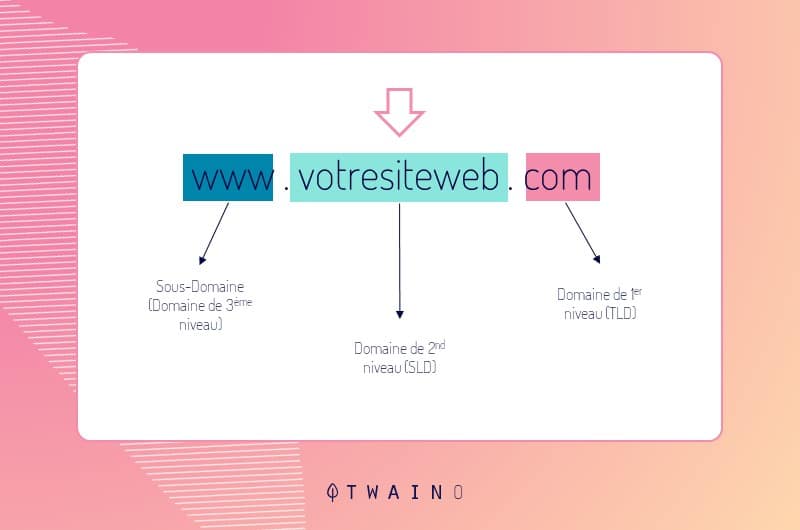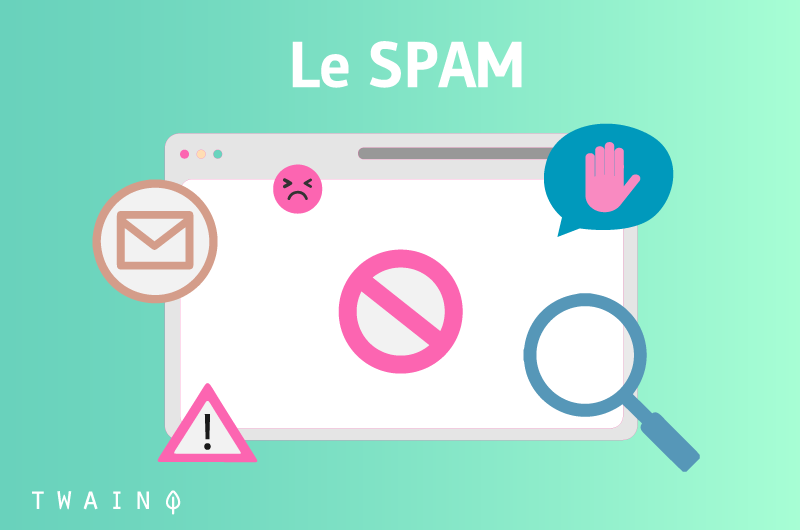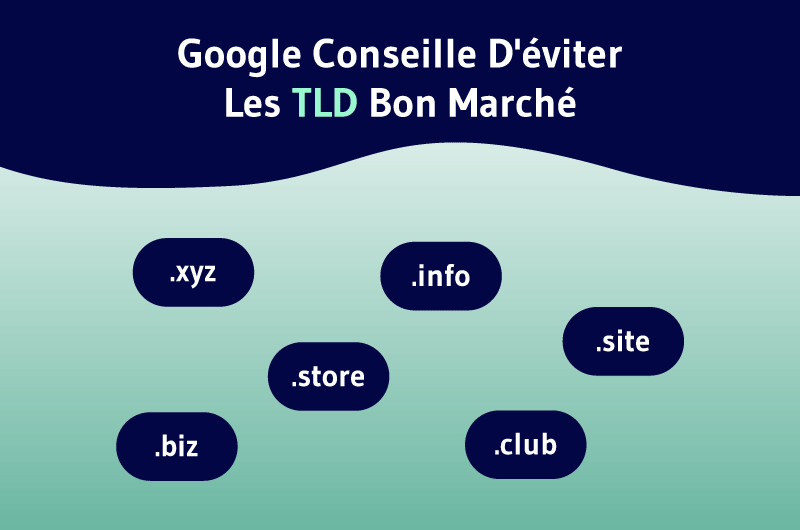You’ve probably already seen a domain name ending in .info, .store, etc. Popular belief has it that the last part (.info), still known as the TLD, has an impact on SEO, especially when it contains a keyword.
But is this really true? On a recent podcast, Google’s search engine relations team gave valuable advice to website owners on choosing a TLD.
This article discusses the Google team’s advice on choosing a TLD to boost your brand’s visibility and credibility.
Does the TLD really affect SEO?
The short answer is no.
The TLD you choose doesn’t affect SEO. According to Matt Cutts, Google simply tries to find the best content, whatever the TLD.

The team, made up of John Mueller, Gary Illyes and Martin Splitt, advised against going for the cheapest TLDs. They warned that free and cheap domains are often targeted by spammers, which can have a negative impact on search engine rankings.
In addition, they debunked the idea that keywords embedded in TLDs confer SEO benefits. They also asserted that the coincidence of keywords with the TLD does not directly lead to higher rankings.
Indeed, cheap TLDs are like magnets for spammers, compromising your site’s visibility and ranking. And matching keywords with your TLD doesn’t give your rankings any particular boost.
When selecting a TLD, it’s crucial to look at branding and marketing aspects, not just search engine optimization.
Google advises against choosing cheap TLDs due to the prevalence of spam. They also pointed out that positioning keywords in TLDs does little to improve rankings.
During the Podcast, the Google team debated the constraints and options between the generally expensive .com domains and cheaper alternatives such as .xyz. They stressed the importance of striking the right balance between cost, credibility and spam risk.
The dangers of cheap TLDs
Illyes stressed during the discussion that the cheapest TLDs were not the best option.
In response to a question from Mueller about whether to invest in more frequent domains like .com or opt for a more affordable option like .xyz, Illyes strongly recommended avoiding the cheapest TLDs, especially those that are free.
“My gut reaction is that people should avoid the cheapest TLDs, especially if they’re free.”
Illyes explained that spammers generally target free and cheap TLDs, which can reduce the visibility of your legitimate site. He made it clear that if a TLD is full of spam, search engines often have trouble finding their content.
“Because of spammers… if the TLD is filled with spam, search engines may have trouble finding your content.”
“[If a TLD] is overrun with spam, and more than 99 u content there is spam, we wouldn’t want to retrieve sitemaps for those domain names because the risks of ending up with spam are far too high.”

Illyes advises investing more in spam-free TLDs. However, he adds that significant investment in a .com domain name should be a business decision based on branding and marketing rather than SEO.
No SEO advantage for TLD keywords
Putting to rest the misconception that owning a domain like fantastic.coffee would give a coffee shop an SEO advantage, Illyes was categorical in answering in the negative.
In a nutshell
To sum up, when selecting a domain, avoid free or cheap TLDs, as they are often associated with spam, which can damage your ranking and reputation.
Instead, focus on choosing a recognized TLD within your budget. Also, it’s important to know that matching keywords with your TLD doesn’t directly improve your SEO.



